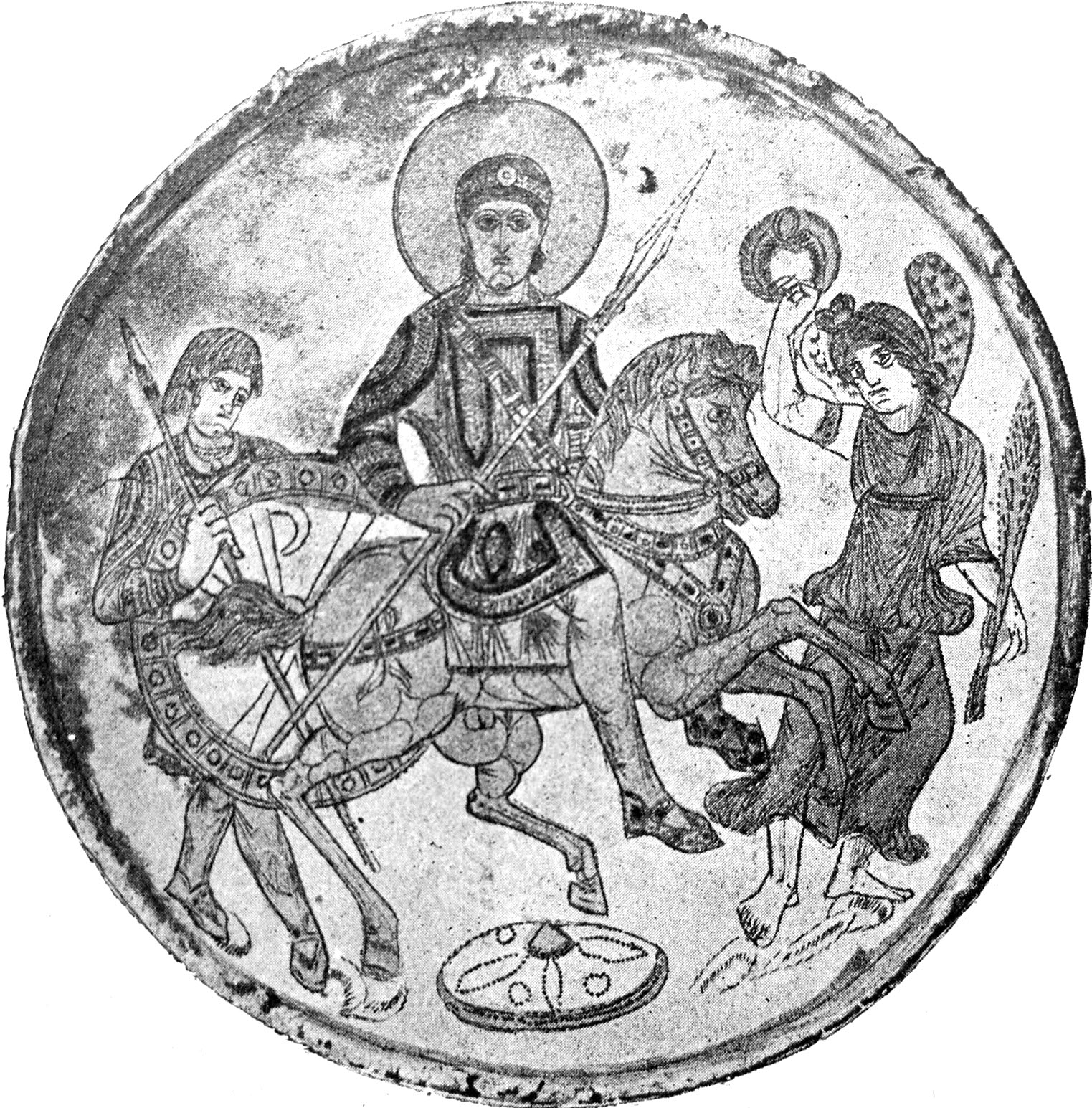John Julius Norwich is a British author of popularized
history books. “Byzantium” is his magnum opus, a three-volume work on the
history of the Byzantine Empire, from the ascension of Constantine the Great to
the fall of Constantinople to the Ottomans, a period spanning over 1000 years.
While the work is popular rather than scholarly, it is indispensable if you
know next to nothing about the Byzantine Empire. If you are American, chances
are you don't. Yet, this was the largest “European” empire of the medieval
world! In Swedish school text books, the Byzantines are mentioned, but only
because their emperors used Nordic Vikings as bodyguards. The legendary city of
“Miklagård” remained pretty legendary throughout my school years…
The first volume starts with Constantine the Great, the first Christian ruler of the Roman Empire and the founder of Constantinople, which became the empire's new capital and later, the capital of the East Roman and Byzantine empires. Other important events covered include the fall of the Western Roman Empire to the Goths and Vandals, the reign of Justinian and the wars of Belisarius and Narses, and the fateful reign of Heraclius, “the first crusader” who defeated the Persians and retook the True Cross only to lose half of the empire to the advancing Muslims. The story ends with Irene, the first woman on the Byzantine throne. During her reign, the pope crowned the Frankish ruler Charlemagne “Roman” emperor, thereby creating a rival claimant to the imperial throne in the West for the first time in four centuries.
Norwich's narrative concentrates on the wars, rulers and power struggles. The story is not an edifying one. The Byzantine Empire (the name itself is a modern concoction – the Byzantines themselves saw their empire as a direct continuation of the Roman Empire) was a high culture in terms of art, architecture and philosophy, but in purely human terms, the empire is ill-reputed for its frequently violent court intrigues and bizarre torture-like punishments. Before reading Norwich, I didn't know half of it! Even the stereotypical “mad emperors” or “secluded emperors surrounded by eunuchs” seems to have been real. Equally real were all the barbarian tribes who constantly besieged Constantinople, with the express purpose of plundering the great city. If Byzantium (warts and all) had fallen with all its philosophical and scientific manuscripts, the West would have taken longer time to recover. Recover from what, exactly? Well, it turns out that the famed Western Dark Ages were to a large extent the fault of the Byzantine armies ravishing Italy…
Well, who said that world history was simple?

No comments:
Post a Comment